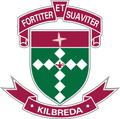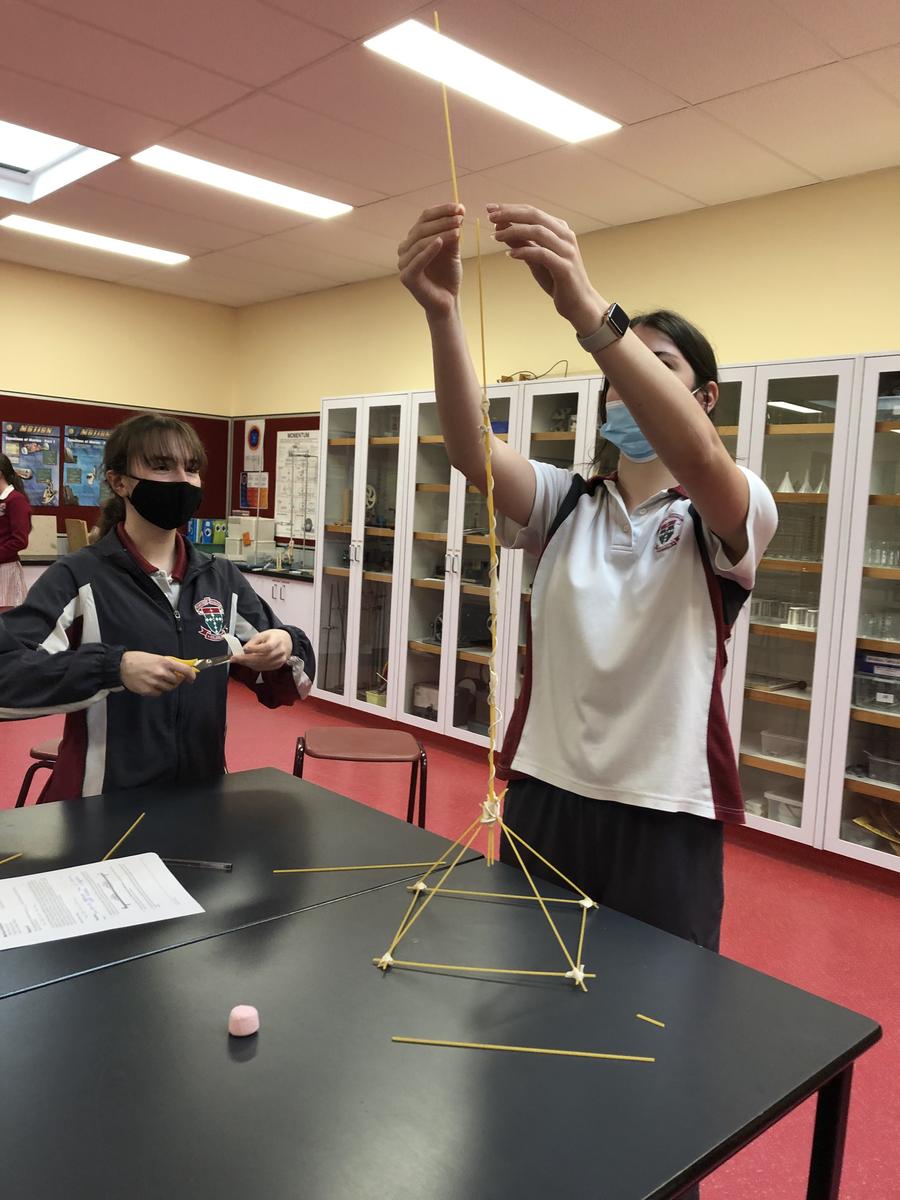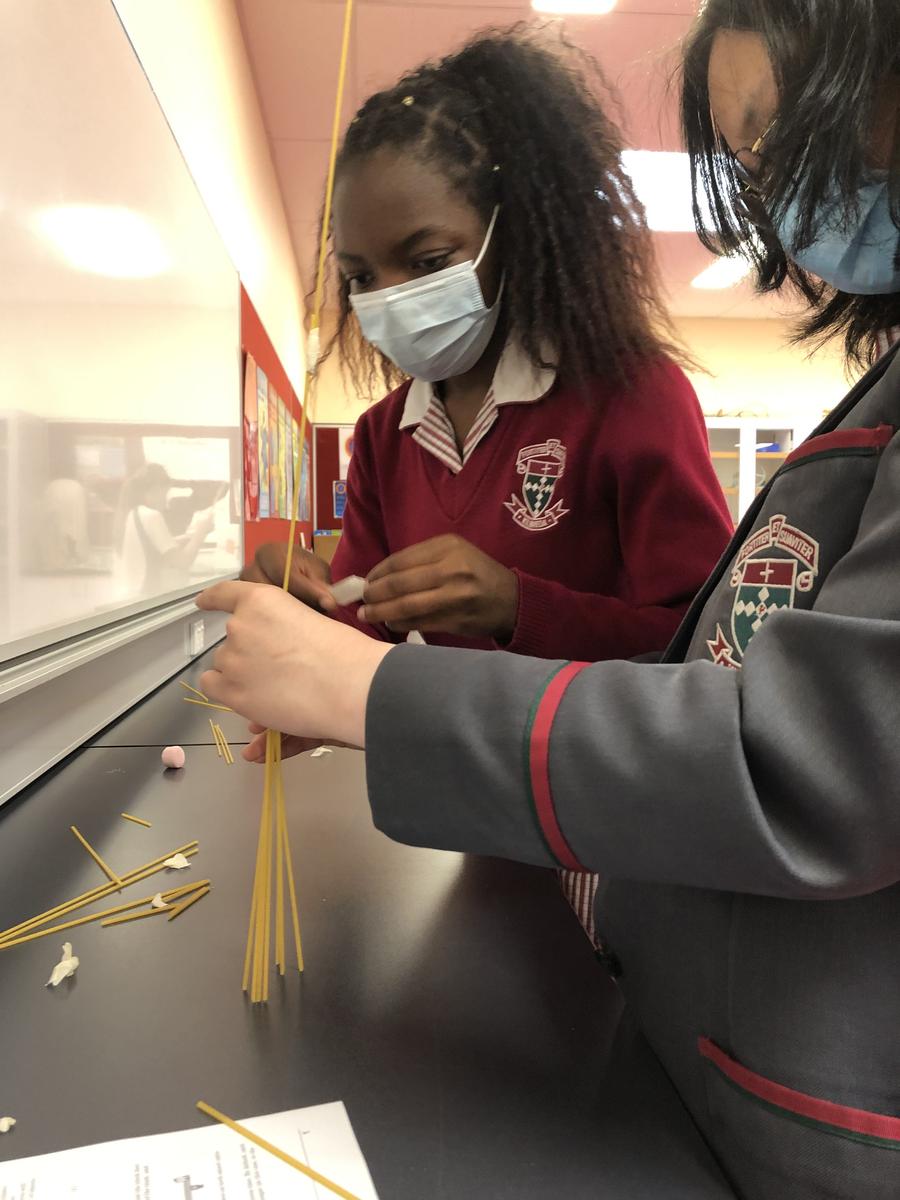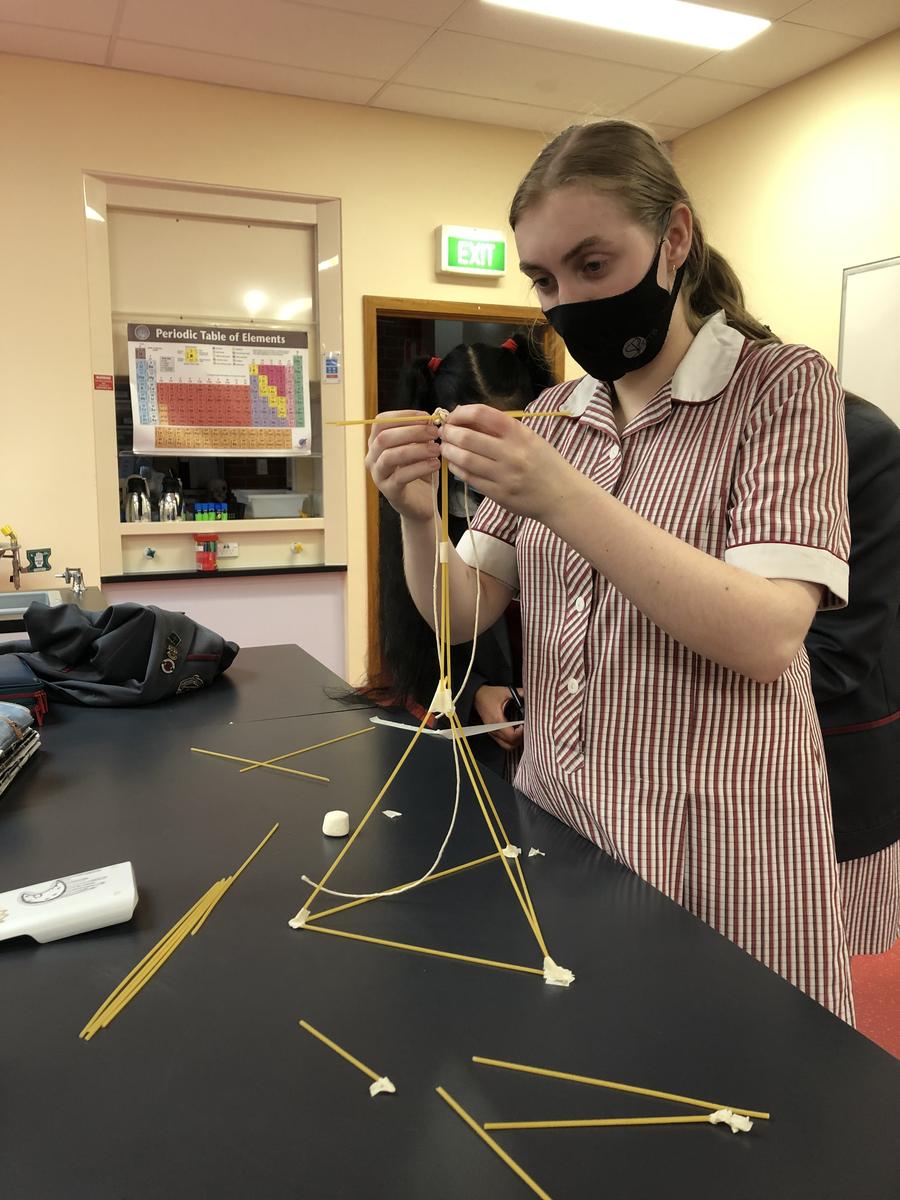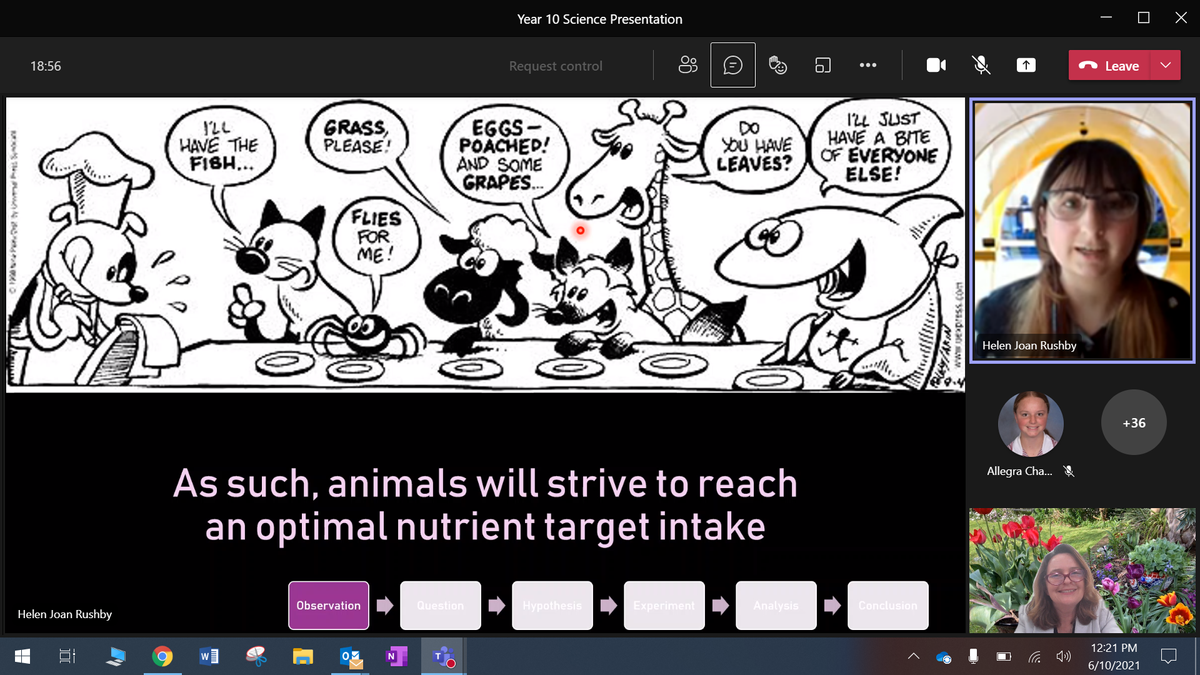Science

Year 8 Science - The Particle Model of Matter
Recently, whilst in remote learning, the Year 8 students studied the topic of Physical and Chemical Changes. During this time, students were asked to make a video to explain the particle model of matter. As our budding reporters, such as Taylah Bell will show you, some of these videos were exceptional!
Upon their return to onsite learning, the Year 8 students have enjoyed getting back into practical work, including conducting the spectacular chemical reaction involved when making 'Elephant’s Toothpaste'. Students are now looking closely at rocks and minerals using stereo microscopes.
Year 11 Physics - Student Choice Options
As part of the Unit 2 Physics course, students can select one from 12 key areas to research individually, based on their interest. As we saw in the presentations to the rest of the class, the students were able to showcase very specialised topics with great depth and understanding.
Here is a selection of these tasks; from the physics of flight, to the energy source of stars, the use of electromagnetic radiation in medicine and the use of lenses to treat vision disorders.
Since returning onsite, the students have caught up with some practical work missed over lockdown, including the challenge to build the tallest spaghetti tower with limited time and limited materials!
Science Professionals in Schools Presentation - Helen Rushby
At the start of the year, Kilbreda formed a partnership with a scientist through the CSIRO STEM Professionals in Schools program. The program aims to pair schools with STEM professionals who can share their skills and knowledge in a mentoring role with students.
Our partnership is with Helen Rushby, a second year PhD student in Biological Sciences at Monash university. Helen graduated from Mentone Girls Secondary College in 2010 and played the French Horn in the Kilbreda production of Oklahoma a number of years ago! Helen kindly agreed to present her journey to her PhD studies, outline the nature of her PhD work and explain how the scientific method is used in research methods. We were fortunate to have Helen present to the current Year 10 Medical Science and Psychology class, and to one of the core Science classes over Microsoft Teams in the first week of this term.
Helen shared her story. Not really liking Science at school, the only Science Helen completed in VCE was Psychology. She started an Arts degree, and then realised she had a passion for animals and wanted to be a vet. Helen transferred into a Science degree and studied hard to catch up. Helen finished her degree, majoring in Ecology and Zoology and applied to be a vet, but missed out on getting in to the course. She then completed an honours year, working in a research team, hoping to boost her marks and get into Vet Science. In the end, she loved the research so much she started a PhD and hasn’t applied to be a vet.
Helen shared with us photos of her team and videos of her experiments. Helen clearly outlined in her talk what a PhD is, and how it is structured into chapters. She took us through the topic of her team - which is, to study the role between an animal’s sense of smell and their feeding behaviour. Helen explained that, when fed a diet lacking in protein, animals will eat more of the foods that are available to them in a process called protein leveraging. As she explained, this has links to the obesity epidemic as many highly processed foods lack protein and as a result, people may overeat. Helen and her team are working with fruit flies and mice, and she explained the mechanisms of conducting experiments in which all variables are controlled except the level of protein in the diet of the animal. Seeing the steps of the scientific method in action and in a context with many real-world applications, such as changes in the sense of smell in the elderly and possible links to malnutrition, were amazing.
The Year 10 students asked extremely thoughtful and well-constructed questions, which added to the discussion about Helen’s work and what happens if there is no link found in a research task. Hopefully the students gained many insights from the presentation.
We are looking forward to continuing the partnership with Helen in 2022 and having her share her expertise with us in further opportunities.
Jacinta Devlin
Learning Leader:
Science
Student Reflection
During this year’s remote learning classes, the Year 10 Science students were lucky enough to hear from Helen Rushby, a passionate Monash university student who is currently completing her PhD. Although the time spent with Helen was short, and of course from home, we were able to learn lots about the studies and research involved in her course, as well as learn some helpful advice.
She explained to us her aspiration to hopefully soon become a vet. However, at the time she was in the midst of undergoing a research assignment involving fruit flies and what role a sense of smell plays throughout their species.
Ultimately, something I personally learned from Helen was that after school, there are always other pathways and alternative methods of getting into your preferred university course, even if you don’t achieve the marks you expect. Helen also explained that even if you are unsure of what you’d like to do post secondary school, it’s never too late to pursue something different.
Claudia Abboud
Year 10
